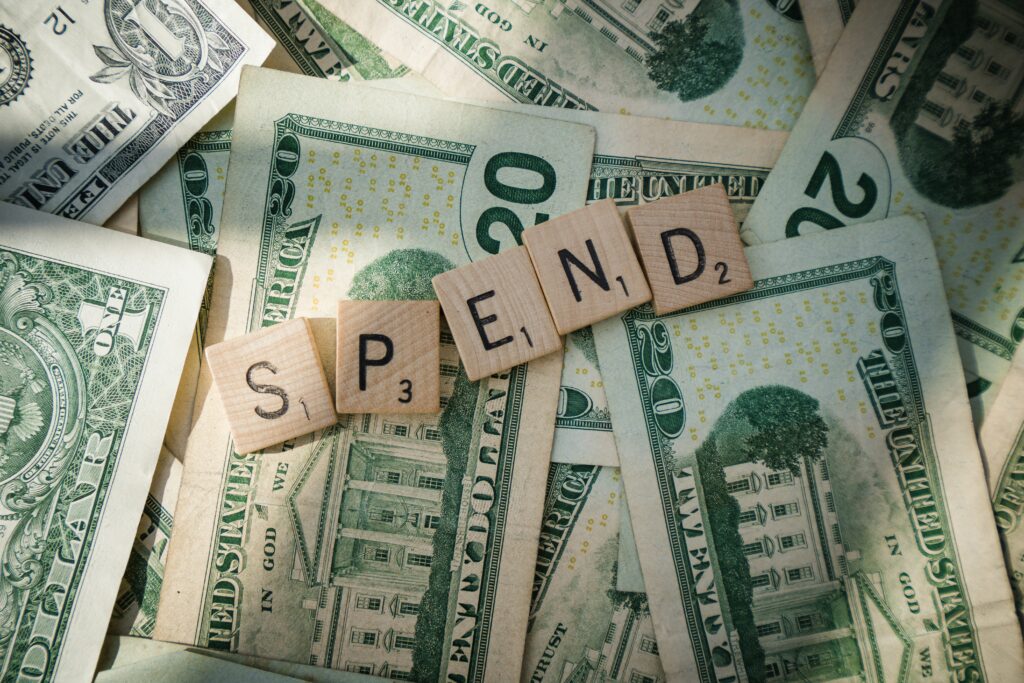Receiving a financial windfall – whether from an inheritance, a legal settlement, a large bonus, or even lottery winnings – can feel like a dream come true. Suddenly, you have more money than you’re used to handling. But with that excitement comes pressure, confusion, and sometimes… regret.
The truth is, a windfall can either set you up for long-term financial success or spiral into short-term spending and missed opportunities. The difference? A plan.
Here’s how to navigate a financial windfall wisely and protect your future in the process.
1. Pause Before You Spend

Photo by Frugal Flyer on Unsplash
The first and most important thing you can do is this: wait.
Don’t make any major financial decisions in the first few weeks or even months, especially if the windfall came through a painful event like the death of a loved one or a divorce. Emotions can cloud judgment.
Set the money aside in a safe account and give yourself space to breathe, think, and plan.
2. Understand the Full Picture
Before touching a cent, get clarity:
- How much did you receive, after taxes and fees?
- Is the windfall a lump sum or paid in installments?
- Are there restrictions or responsibilities (e.g., executor duties, taxes owed)?
- Are there people or causes expecting a share?
If needed, work with a financial advisor or tax professional to help you see the full picture. Windfalls can come with hidden obligations, and it’s better to know upfront.
3. Clear High-Interest Debt First
If you have credit card debt, personal loans, or other high-interest liabilities, this is a good time to eliminate them.
Not only does it improve your cash flow, but it also lowers financial stress, giving you a cleaner slate to work with.
Just be careful not to zero out your windfall on debt alone. Balance is key.
4. Set Clear Financial Priorities
Ask yourself: What do I truly want this money to help me achieve?
It could be:
- Building long-term wealth
- Buying your first home
- Investing in your children’s education
- Creating a passive income stream
- Taking a sabbatical or career break
Your windfall should work for you, not just create more stuff or short-term thrills. Define your priorities before you start spending.
5. Invest for the Long Term

This is your chance to build real financial security.
You don’t need to invest the entire amount all at once, but consider setting aside a portion for long-term growth. That might mean:
- A diversified stock and bond portfolio
- Dividend-paying investments
- Real estate opportunities
- Retirement accounts
If investing feels intimidating, work with a fiduciary advisor who puts your interests first and can help you build a plan aligned with your goals.
6. Create a “Fun Fund” Too
Let’s be honest… spending a little can feel good, and that’s okay.
Set aside a specific portion (maybe 5–10%) for guilt-free enjoyment: a vacation, a car upgrade, a gift for someone special. Just decide the limit ahead of time so your fun doesn’t derail your future.
7. Protect It With a Plan
Money can disappear quickly without structure. Use part of your windfall to:
- Beef up your emergency fund
- Create or update your will
- Get proper insurance
- Automate investments and savings
A windfall is a tool. A plan is how you keep it working for years to come.
Final Thoughts
A financial windfall can be life-changing, but only if it’s handled with care. Take your time, get support if needed, and use this opportunity to build something lasting.
You don’t have to have it all figured out today. But one smart decision at a time can turn your windfall into lifelong financial peace.
Want help putting your money to work wisely? Download our High-Paying Dividend Stock List to start building the kind of wealth that pays you, even while you sleep.